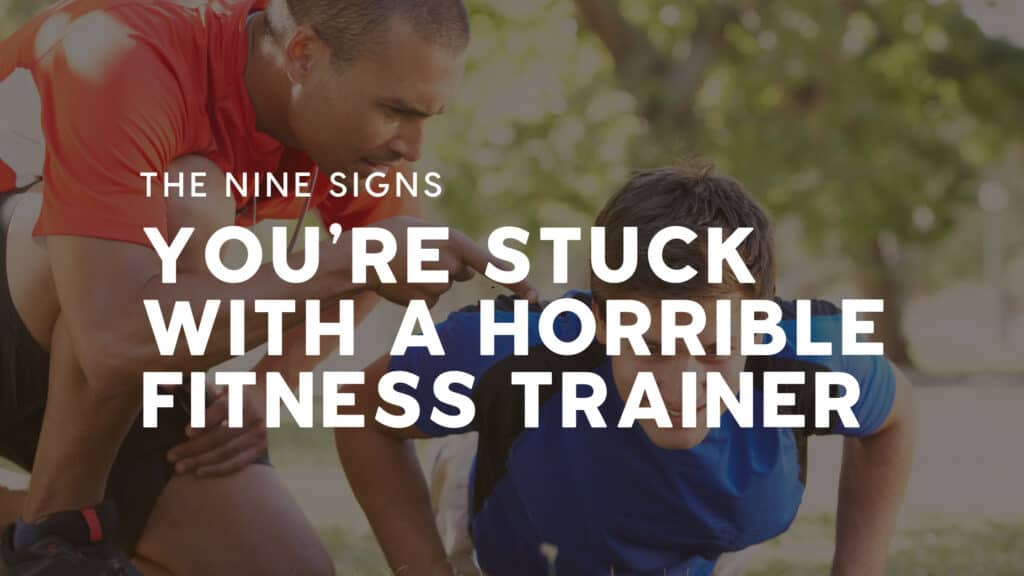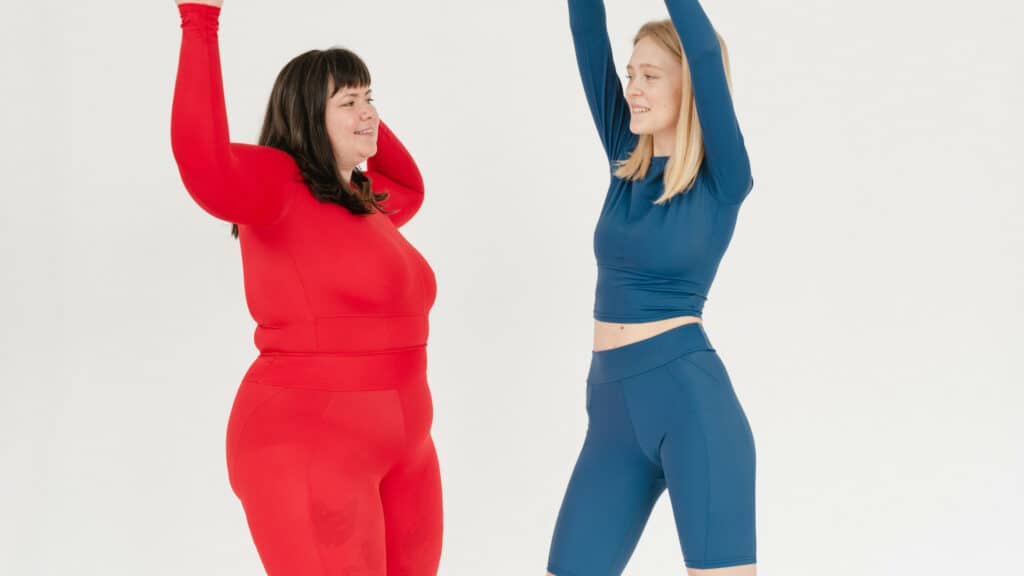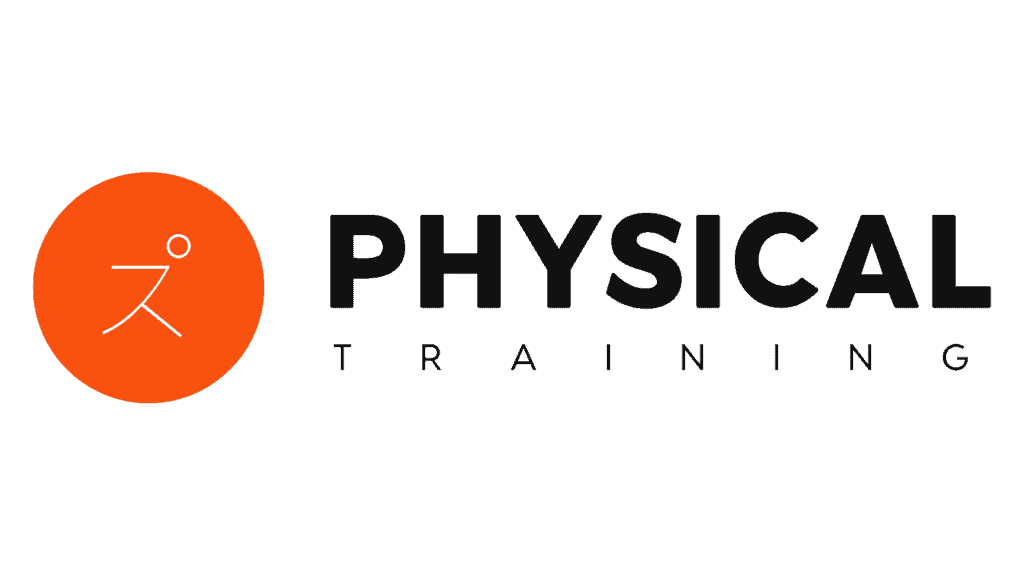Introduction: Are you on a journey to improve your health and fitness? If so, it’s essential to find the right fitness trainer who can help you achieve your goals. Unfortunately, not all trainers are created equal, and some may even hinder your progress. In this article, we’ll outline the nine signs of a bad fitness trainer so you can avoid them and find the right fit for you.

Just like in any industry, not all trainers are created equally. There are good ones, excellent ones, and completely hopeless ones.
If you are looking for a personal trainer to work with or follow in videos online, how do you know if they truly act in your best interest? Who is good, and who’s the bad one?
We’ve got you covered. We’ve listed the nine signs most bad personal trainers have in common. Signs that guarantee a trainer will be irresponsible, useless, and dangerous.
Let’s see them one by one.
1. Focuses on Muscle Build up over Health

Fitness is about being healthy and functional.
Many trainers out there focus only on appearance.
But what about cardiovascular health and bone density or agility and proprioception? Exercise has so many benefits, so focusing only on gaining muscle or getting lean is too narrow.
Smart trainers have a holistic approach to fitness.
They design programs that prepare your body for real-life movements and activities you might do at home, at work, or in sports.
If your trainer doesn’t care about improving every aspect of your physical fitness and only promotes his beach body on Instagram, you should start looking for another one.
2. A bad fitness trainer Uses Generic Workouts

A training program is effective only when tailored to your needs, which means when it’s designed to strengthen your weaknesses and improve your strengths even more.
Everybody has different needs.
So, if you want to see maximum results in the shortest time possible, your training program should be designed from scratch and only for you.
How to know if your trainer does that?
They should frequently use fitness assessments (every four weeks, for example) to track your progress and adapt your program based on your performance. If they don’t, they’re just copying generic programs from one client to another.
3. No Pain No Gain Believer

This belief is widespread in the fitness industry. Many trainers focus on how sore you feel the next day after a workout. They believe soreness is a sign of a good workout.
Well, it’s not.
Soreness is indeed a sign you trained hard.
After a hard workout, your muscle fibers get partially damaged.
The inflammation that attends these microtears in your muscle fibers is why you are in pain the next day (or days).
To train hard again, you should first give your body the time needed to rebuild the damaged muscle fibers and remove the inflammation. Otherwise, you would increase the likelihood of an overuse injury.
So, more is not always better.
There are times you should improve other important physical abilities that don’t require high intensity, like balance, mobility, flexibility, and technique.
There are also times you shouldn’t train at all and have a rest instead.
If, after each workout, you’re so sore you can barely walk because of ‘’no pain, no gain’’, then you should look for another trainer.
4. A Bad Fitness Trainer Uses Body-Shaming to Motivate

Would you prefer a trainer who’s yelling and shaming you into action? Or someone who motivates you by making you think more positively about yourself and supports your effort with empathy.
The answer is obvious.
However, body shaming is a practice still used by many trainers out there.
Body shaming is linked to disordered thinking, feelings of guilt and inadequacy, and even depression.
A trainer who uses this kind of motivation is not someone who cares about your overall health and is more likely to have mental issues to address.
If your trainer belittles your physical appearance (or other people’s appearance) to get you to exercise, drop them and look for a trainer that recognizes your struggles and encourages you to keep going.
You and your trainer should be in this together as a team.
5. Believes In or Promotes Spot Reduction

First of all, let’s make it clear.
You can’t lose fat only from one spot of your body.
Anyone who claims the opposite is either lying or doesn’t have a clue about human physiology.
We always lose fat from the entire body as a result of a caloric deficit. Neither muscle growth in a region reduces fat in that region (another common myth).
Although this is a well-established knowledge in physiology, many people still believe it is possible to choose where fat can be lost on one’s body.
And, of course, many trainers step on that myth to make a quick buck.
The good news? You can use this to distinguish who shouldn’t be your trainer easily. Do they promote things like ‘’fat-burning exercise’’, ‘’belly fat reduction’’ and ‘’effective ways to lose butt fat’’? Don’t buy it.
6. Talks about Lower Abs

Another annoying myth of the fitness industry that has to stop. Let’s make this clear too.
There aren’t such things as upper and lower abs.
What you are thinking like a six-pack is one muscle called the rectus abdominis.
The rectus abdominis is primarily responsible for flexing the lumbar spine (the movement of a sit-up or a crunch).
Either you bring your chest towards the pelvis (sit-up) or the pelvis toward the chest (leg raises), rectus abdominis contracts as a whole and not only at the upper or the lower part of it.
Any trainer should know this as it’s basic anatomy knowledge. So, this is also something that works in your favor. If you hear things like ‘’lower abs crushing exercises’’ look for another trainer.
7. A Bad Fitness Trainer Promises Quick Results

Improving your health takes time. Weight loss takes time, and gaining strength or aerobic capacity takes time.
Yes, your trainer’s job is to help you see maximum results in the soonest time possible. But they should also be honest with you.
It might be discouraging to hear that you will not drop 10 pounds in a week without jeopardizing your health.
However, a good trainer will make the hard decision to address your false hopes and help you set new, realistic goals.
Anyone who promises you a fast-track transformation is just a lousy trainer telling you what you want to hear.
Exercise must be a permanent part of your life, not only for a week before your wedding or a month before summer. It’s consistency over time that will bring results.
8. Selling or Suggesting Supplements

This is probably the most common and most dangerous characteristic of a bad trainer.
We discuss this topic in greater detail in our article. Why you shouldn’t take any supplements, so here we are going to be quick.
First things first, you don’t need supplements to boost your health or fitness level. So you’re wasting your money.
Secondly, you should never, never, never, never take any supplements suggested or, even worse, sold to you by a personal trainer. Your doctor or dietitian is legally and ethically the only person to decide if you have a medical condition that requires a specific supplement.
Third, most supplements are dangerous. The dietary supplement industry is completely unregulated in most countries. Consequently, most of the supplements out there are of dubious value, content, and quality. In a few words, no one knows what’s in it. It says ‘’whey protein,’’ but is it? Research has shown that many supplement products contain prohibited substances in sports—stimulants or anabolic steroids and substances (e.g., ephedrine) associated with significant morbidity and mortality.
Supplements are a multi-billion dollar business, and most of the “benefits” of supplementation come from the mouth of the people who make and sell them.
9. A bad fitness trainer Talks about Body Types

Many fitness websites, personal trainers, and nutritionists use the convenience of the endo/meso/ectomorph classification for body types, perpetuating a myth with no foundation in science.
Once and for all, there is no such thing.
Think about it. If you are tall and lean, you are classified as an ectomorph.
What happens if you start eating like a beast and gain weight? Now you are classified as an endomorph.
What happens if you were an endomorph and you managed to lose weight and gain muscle? You’re no more an endomorph. Now you are an ectomorph! We could do this forever.
There is no scientific data behind this theory. Anyone in a caloric surplus will gain fat, and anyone in a caloric deficit will lose fat. That’s it.
Any trainer who claims you should eat and train based on your body type or somatotype to sound more ‘’scientific’ is a scam. Slap them in the face and go. Or I wish you would.
I hope my list helps you avoid all these fitness ‘’gurus’’ out there. Remember, there is more at stake here than just your beach body. There are many good trainers out there, and finding one that works for you can substantially impact your progress toward your goals and overall outlook on health and fitness.
If you think there is another sign of a bad trainer that should be on this list or disagree with any of these signs, please let me know in the comments below.
Now you might think, ‘’OK, so how do I choose the right online personal trainer?’’ If you do, read our article on What makes a good personal trainer.
And if you want a tailor-made fitness plan that will save you time and get you in shape faster, let us know, and we’ll get it done.
We know it’s hard to get in shape when you have a busy life. At Physical, we design a plan that works around your schedule so you can stay healthy and get your dream body faster.
Click the Subscribe Button below and meet your coach.

FAQs:
Q: What are the signs of a bad fitness trainer?
A: Some signs of a bad fitness trainer include focusing only on muscle building, using generic workouts, promoting “no pain, no gain” beliefs, body shaming to motivate, promoting spot reduction, talking about “lower abs,” promising quick results, lacking credentials, and ignoring injuries or medical conditions.
Q: How can I find a good fitness trainer?
A: To find a good fitness trainer, look for someone who has a holistic approach to fitness and focuses on your overall health. They should tailor your program to your specific needs and track your progress through fitness assessments. They should also motivate you positively, have proper credentials, and prioritize your safety.
Q: Is soreness after a workout a sign of a good workout?
A: Soreness after a workout is not necessarily a sign of a good workout. It indicates that your muscle fibers have been partially damaged, and you need to allow time for them to heal. A good fitness trainer will balance high-intensity workouts with exercises that focus on balance, mobility, flexibility, and technique.
Q: Can I spot-reduce fat in one area of my body?
A: No, you cannot spot-reduce fat in one area of your body. Fat loss occurs throughout the body as a result of a caloric deficit. Any fitness trainer who promotes spot reduction is misinformed.
Q: How long does it take to see results with a fitness trainer?
A: The amount of time it takes to see results with a fitness trainer varies based on your individual goals, fitness level, and commitment to the program. However, it is important to remember that sustainable progress takes time and should not be rushed. A good fitness trainer will prioritize your long-term health and progress.
